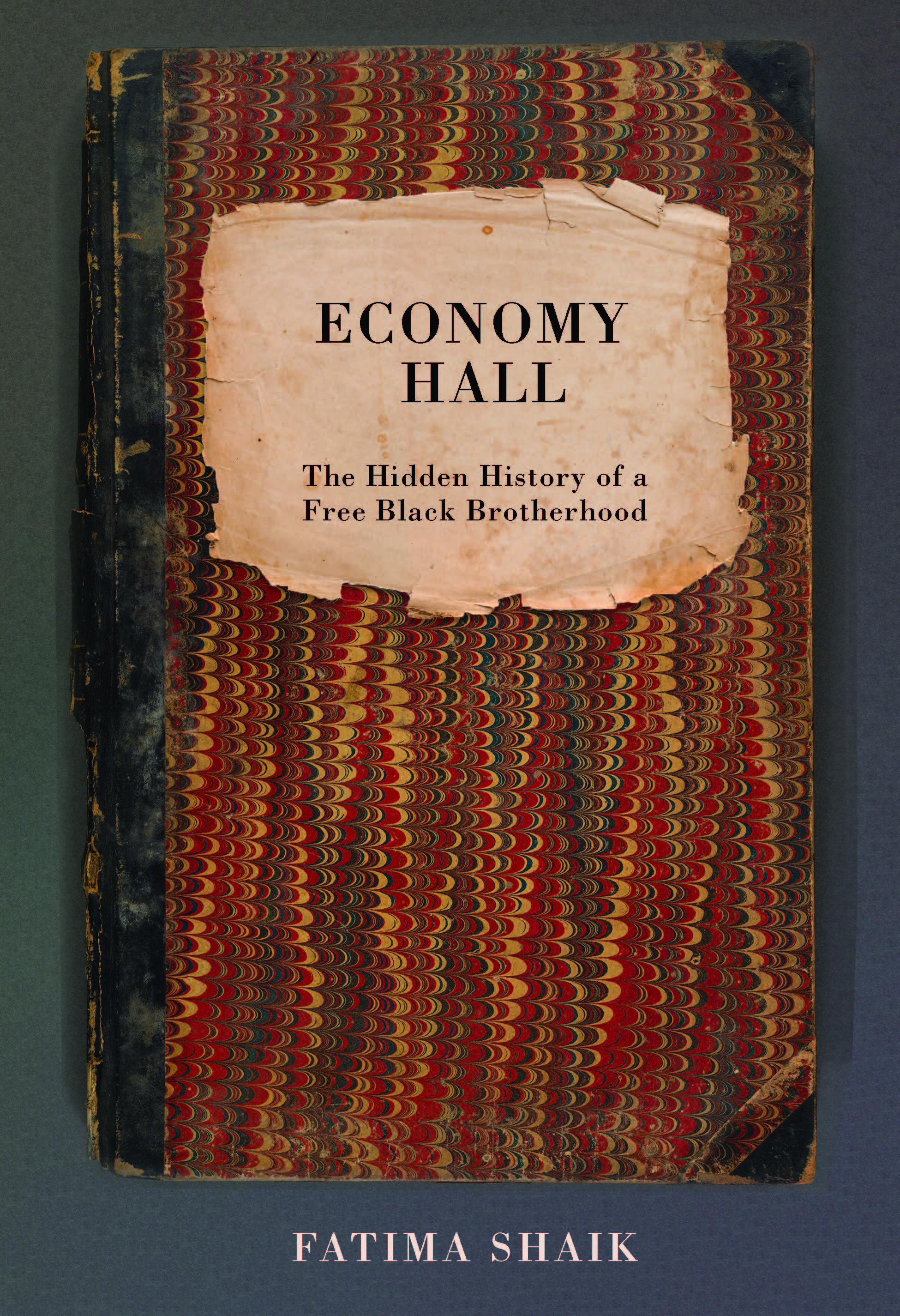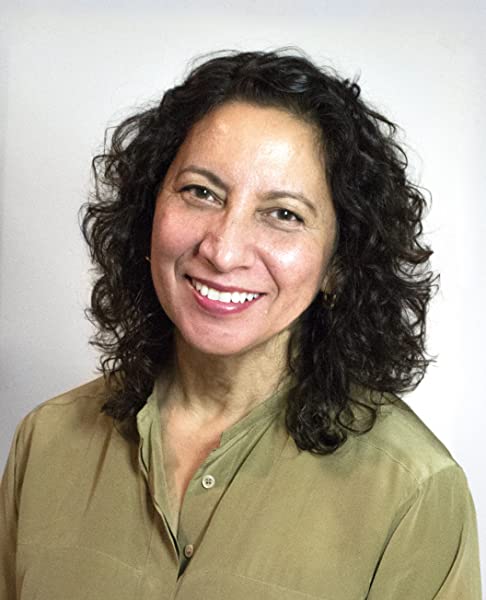
In one sense, some of them didn’t see themselves as “Black”, while simultaneously, some of them did and stood up for the enslaved. During their time Black generally referred to slaves and they were free, not slaves. They were literate, they could read and write–and because they were, when they met, organized, and built a place of their own, they kept minutes and notes. Economy Hall [The Historic New Orleans Collection – 2021] (read a short review of the book) is their story–an important and inspiring story, written in over five hundred pages of narrative and documentation.

Fatima Shaik is the author. Significantly, she is a daughter of their own. Her gender is significant because in the 1800’s men did the history writing, not women. Not only were women not generally accepted as historians, many men, wrongly, did not think women capable of documenting our history. Notwithstanding the gender restrictions of earlier years, it is both ironic and inspiring that the story of these men is recorded by a woman.
Those of us deeply interested in New Orleans history need to read this book not just to be encouraged by the work of these men who, in their time, created a major aspect of African-heritage achievement, but also we need to learn from and celebrate the work of women of African heritage. Through years of literary sleuthing, investigation, and translation, author Fatima Shaik sheds a long–too long–neglected light on what our people did and can do.
These Afro-Creole men wrote in French; Shaik has translated their story into English. She presents one stream in a rich tapestry of African-heritage achievement. Today “Black” is a broad definition and even includes people whom the naked eye might consider “white”. Well, “Extra, extra, read all about it. We have an exciting story, making headline news.”
Economy Hall, y’all. New Orleans has been on the map for a long time. Now we have the details and the receipts. Moreover, it is both significant and appropriate that a woman is setting the record straight.
Hail, our ancestors! Hail, Fatima Shaik!
